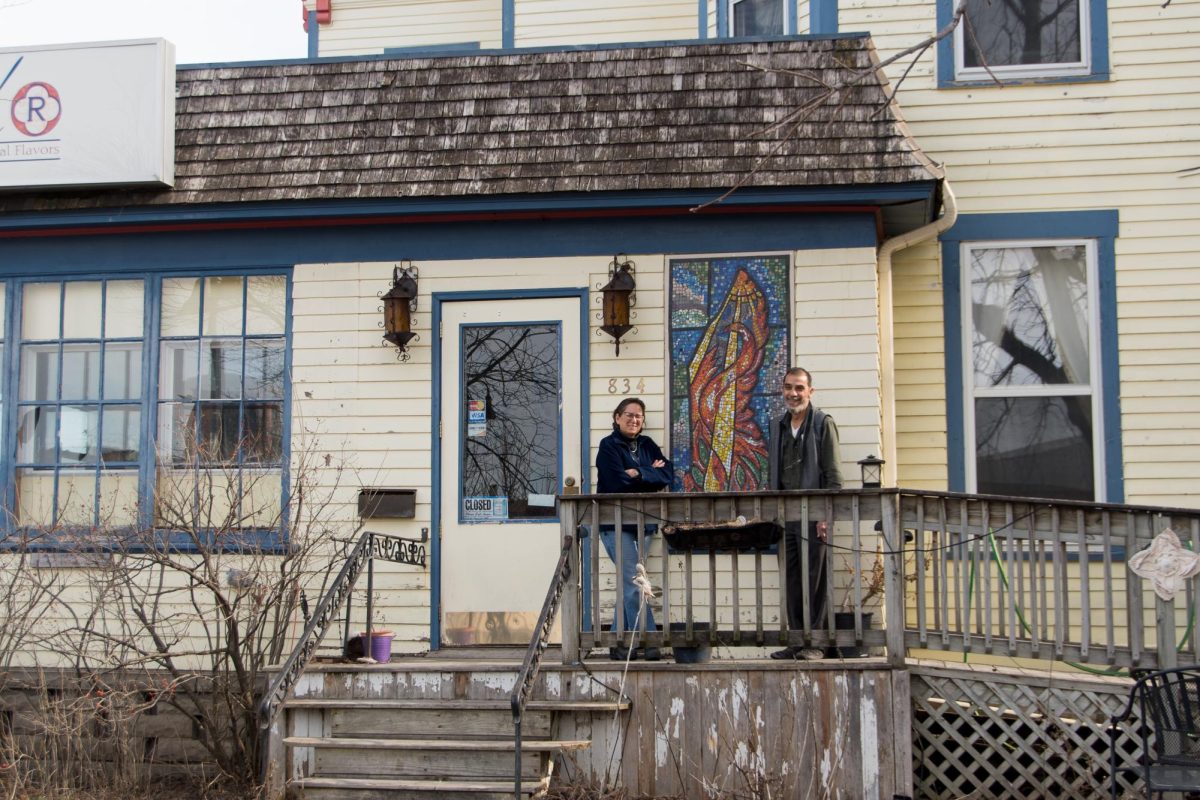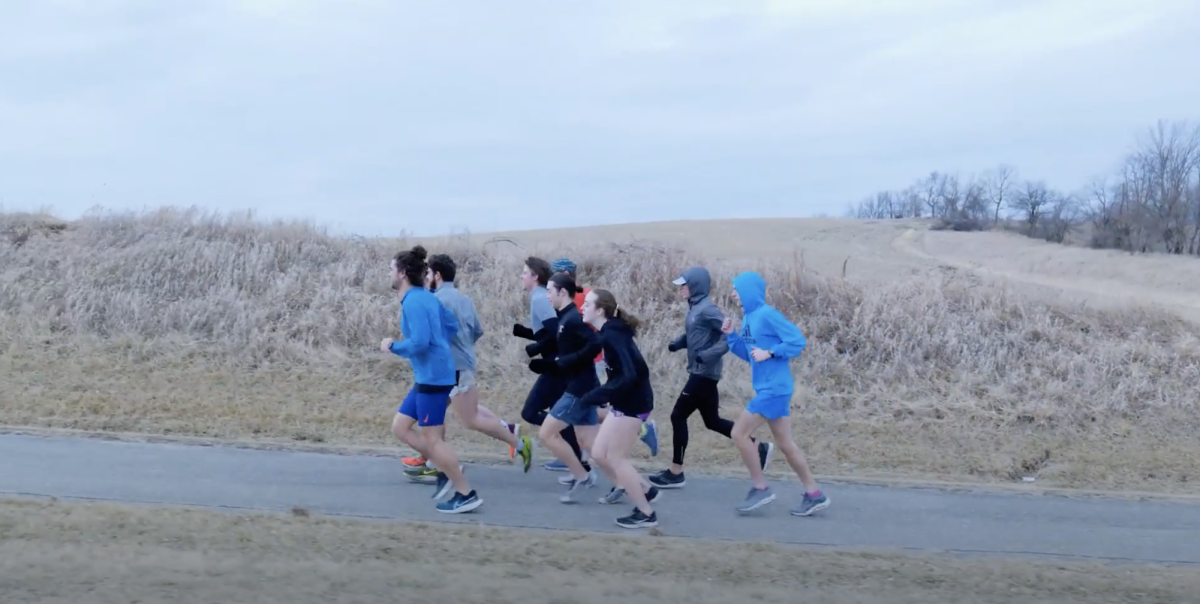By Marcus Eagan
Wednesday in ARH, Palmar Alvarez-Blanco challenged audience members to improve the historical record of the Spanish Civil War, and in so doing, demanded a narrative more factual than popular films and novels that often utilize tropes of magical realism in the place of facts about the past.
“Sometimes fiction does not help us realize that we need to know what happened,” Alvarez-Blanco, an Assistant Professor of Spanish at Carleton College, said. “Knowing doesn’t mean to read a novel about the Franco era, a novel about the civil war or watching a movie about that.”
More than 30 students and faculty packed into ARH 120 for the Spanish Department’s symposium conducted in Spanish. Alvarez-Blanco used a PowerPoint presentation to keep audience interest and comprehension high.
“The PowerPoint made the presentation easier to follow in places where Alvarez-Blanco’s Spanish [became difficult to understand],” said Spanish major Malcolm Scott ’11.
In an interview, Alvarez-Blanco discussed the seriousness of an accurate historical memory as a tool for addressing the consequences of the past. Most specifically, she raised ethical concerns about material in popular culture pertaining to the Spanish Civil War.
“There is a video game about the Spanish Civil War and it’s fun,” Alvarez-Blanco said. “Could we have a video game about the Holocaust in Germany? Is it ethical?”
Her students at Carleton told Alvarez-Blanco that the idea of a video game about the Holocaust would upset too many people, but that they did not have the same reaction to the video game about the Spanish Civil War. This comparison led Alvarez-Blanco to talk about and the painful reality of ignorance.
“We have a lot of mass graves in Spain and we don’t know who’s in there,” Alvarez-Blanco said.
While Alvarez-Blanco appeared nothing but sincere in her call for truth and re-evaluation of collective memory, she did not say anything about the chilling parallels between Spain’s recent history and the recent histories of many Latin American countries. Even so, her emphatic tone at both the speech and in the interview pulled listeners’ attention in.
“As a global society we need to start talking about the killings … about the truth,” Alvarez-Blanco said.
Alvarez-Blanco said the seemingly minor task of writing a history of Spain’s civil war has broader implications for society because the world’s totalitarian regimes have limited the legitimacy and dissemination of certain narratives in their countries. Her anecdotes about missing Spaniards sound eerily similar to those of los desaparecidos (“the disappeared”) in Argentina and Chile and highlight the lack of information available to aid the efforts of groups like Las Madres de la Plaza de Mayo, who came to the campus on March 7.
In addition to her charges to aspiring scholars, Alvarez-Blanco espoused her own plans to continue to speak about the lack of historical memory in Spain.
“I take responsibility for the lack of memory in my country, and that is why I am raising my voice,” Alvarez-Blanco said. “I’m saying—careful—because this is not health. Society needs memory.”

























































